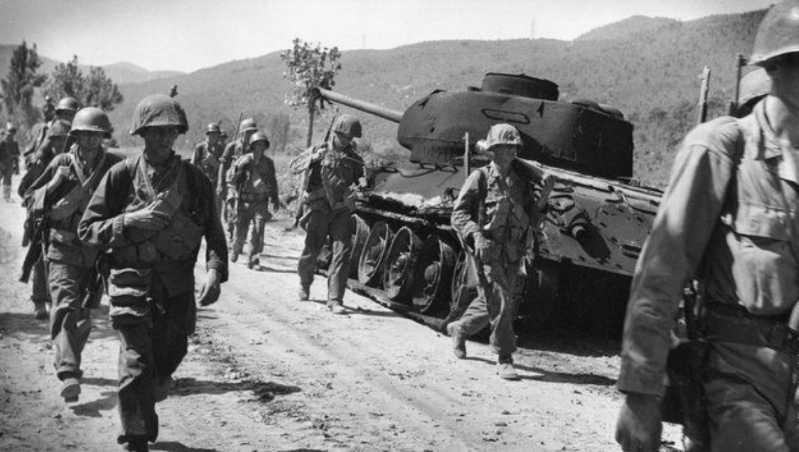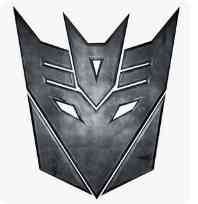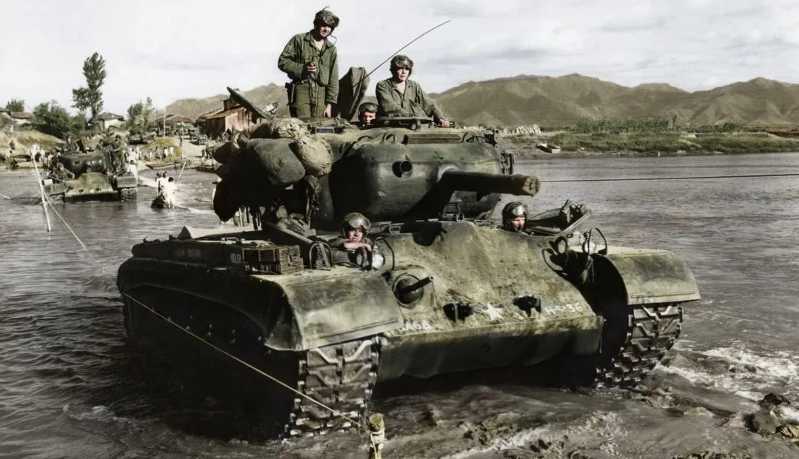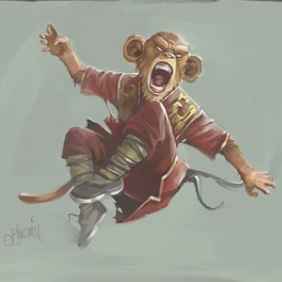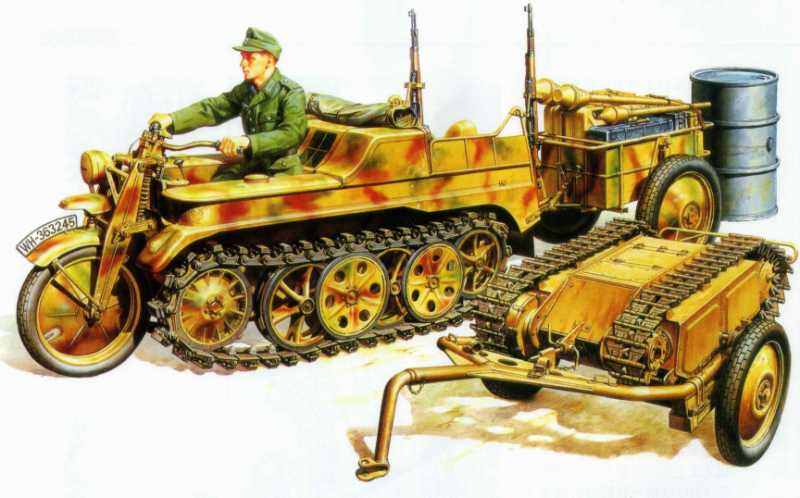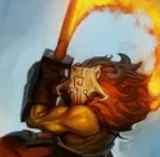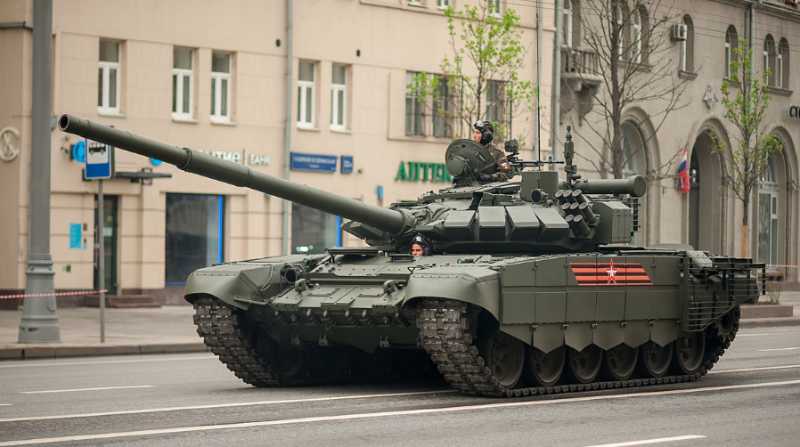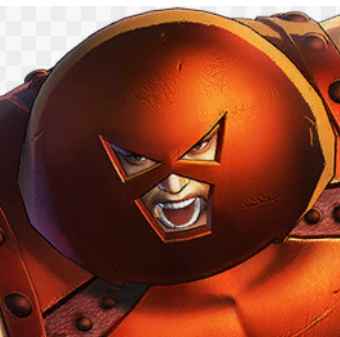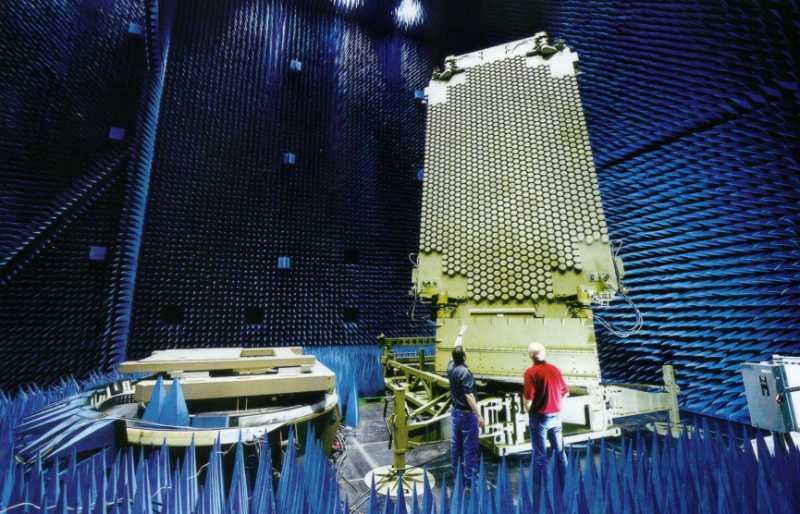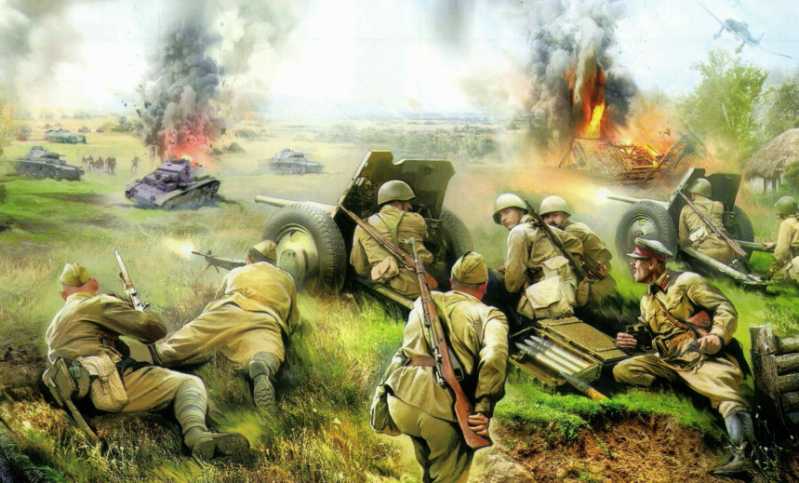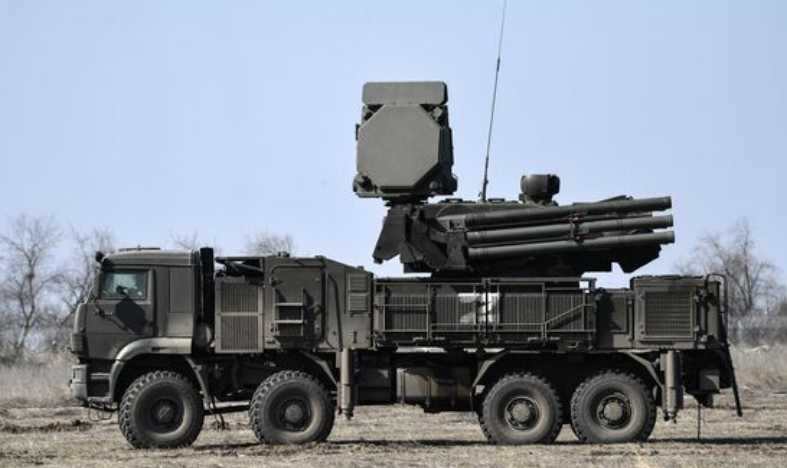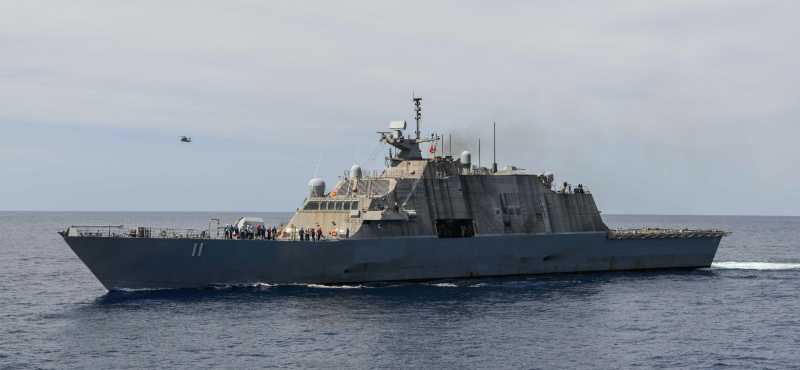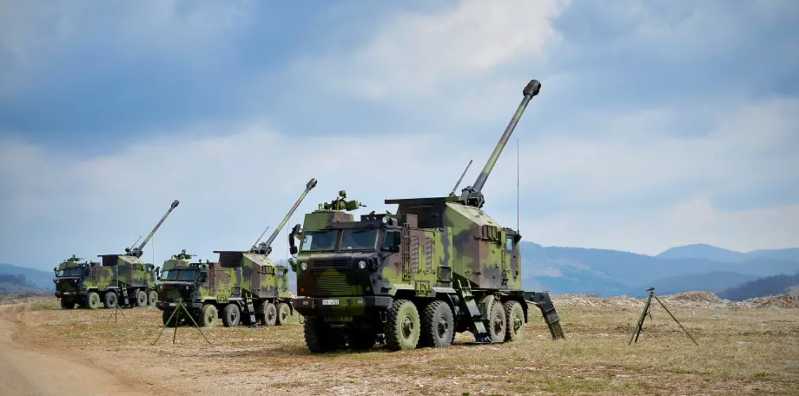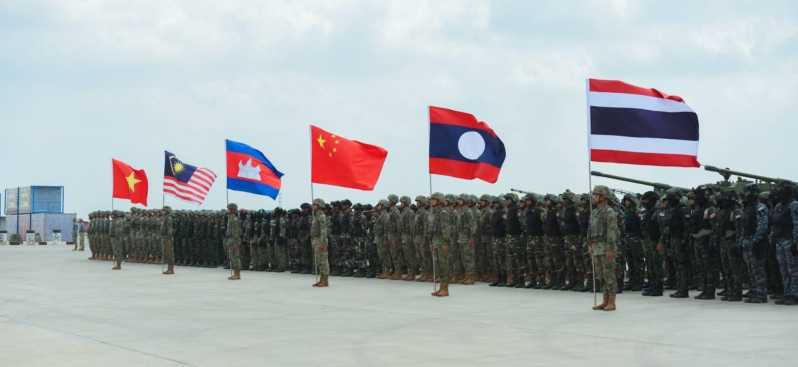On August 23, 1950, Lei Yingfu, Director of the Operations Department of the PLA General Staff, led by Premier Zhou Enlai, came to the Juxiang Book House where Chairman Mao was.
This was the first time Lei Yingfu reported to Chairman Mao after the founding of New China. Premier Zhou kindly told Lei Yingfu not to be nervous and just report to the Chairman what he had just reported. Lei Yingfu stood at attention and said, "Yes!"
So, Lei Yingfu spread out the map of Korea and began to report to Chairman Mao the conclusions just reached by the PLA General Staff:
"Although the Korean People’s Army has surrounded the US Army in Busan at this time, we judge that the US Army will soon land behind the People’s Army and try to reverse the situation in one fell swoop. Therefore, the situation on the Korean battlefield is now very dangerous."
"After a comprehensive analysis by the General Staff and taking into account the character of the US military commander MacArthur, we believe that the most likely landing site for the US military is——"
Lei Yingfu pointed to the map and stopped firmly in the middle of the Korean Peninsula.
"Incheon."
1. Busan Defense Battle
The Busan Defense Battle, which took place on the Korean Peninsula from August to mid-September 1950, is one of the most interesting battles in military history.
The Busan defense circle established by the US and South Korean armies probably looks like this:
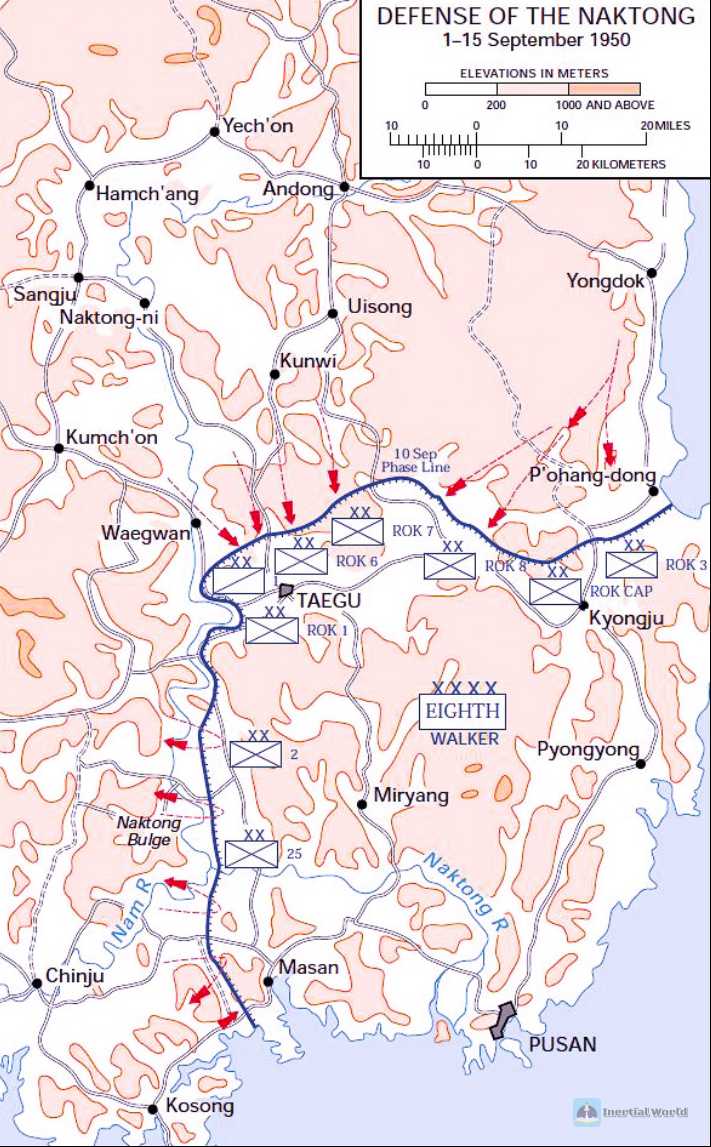
When mentioning this battle, both the US and South Korean armies exaggerated the bravery of their own armies. Their war histories are full of how their own armies "fought desperately to block" in "difficult environments" and how the soldiers "fought desperately" to repel "powerful enemies" again and again, and finally saved Busan, the "last bridgehead".
However, many of these war histories, especially those written for the public, deliberately avoided a topic that was originally the most important and basic: What was the strength comparison between the two warring parties in Busan? Judging from the descriptions of the US and South Korean armies, the Korean People’s Army must have had an absolute advantage, which made the battle so difficult.
Let’s first look at the situation of the People’s Army: When the war broke out on June 25, the total number of the Korean People’s Army was about 100,000. Although the People’s Army had not suffered any defeats since the war began, the casualties had remained high because of the front-line push strategy. By the beginning of August, when Busan was surrounded, the People’s Army had lost a total of 58,000 troops - more than half of the number at the beginning of the war.
However, after two large-scale recruitments in mid- and late July, the total number of the Korean People’s Army around Busan was about 98,000 in early August, basically returning to the level at the beginning of the war. Although the soldiers recruited temporarily are certainly not as good as the well-trained veterans at the beginning of the war, at least there is no big problem in terms of numbers. The biggest problem of the Korean People’s Army is that the heavy equipment losses are extremely heavy.
After the US military entered the war, the North Korean Air Force was soon almost annihilated and basically gave up the attempt to compete with the US military for the sky. The best weapon of the People’s Army, the T-34 tank, also suffered a devastating blow. The US military brought a large number of effective anti-tank weapons, and with the precise ground attack of the Air Force, North Korea’s T-34 has changed from an invincible weapon at the beginning to an ordinary weapon that can only be used occasionally, and the number is only less than 40.
Under the continuous bombing of the US military day and night, the artillery and tanks of the People’s Army suffered heavy losses, leaving only one-third of the number at the beginning of the war. In addition to the loss of heavy equipment, as the front line lengthened, the logistics of the People’s Army also became a major problem affecting combat.
Because the US military completely controlled the sky, the transportation of North Korean military supplies became extremely difficult. In order to ensure the combat capability of the front line, Kim Il-sung mobilized a total of 300,000 civilian workers to be responsible for transportation, and set a strict rule requiring each civilian worker to transport 20 kilograms of supplies at least 20 kilometers a day-this method is very effective. At least during the Battle of Busan, North Korea’s military supplies did not have a big shortage. However, such low transportation capacity can only guarantee military supplies. All the food of the People’s Army must be raised locally. Since most of the area around Busan is mountainous, the food supply capacity is very poor. Almost all the troops of North Korea have been fighting on an empty stomach for a long time.
To summarize briefly, the North Korean People’s Army surrounded Busan with about 100,000 troops, only one-third of the heavy equipment was left, there was no air force, and the food was barely enough to fill their stomachs.
So, what is the situation of the US-South Korean coalition forces surrounded by this group of troops?
According to the statistics of the United Nations (the statistics of the US military itself are more than this), the number of UN troops from August to September was roughly as follows: 84,000 US troops, 91,000 South Korean troops, and 1,500 British troops, totaling about 177,000 people.
In addition, the above statistics do not include 36,000 US Navy and 37,000 Air Force.
According to the most rough caliber, the number of US-South Korean coalition forces is also close to twice that of the North Korean People’s Army. There is no need to list heavy weapons, aircraft, ships, etc. It depends on whether the US military is 1 times or 10 times more than the People’s Army.
In terms of logistics, it is a difference between heaven and hell. The US military has a huge logistics base - Japan. The soldiers’ food and drink are directly shipped from Japan, which is convenient and fast. Tempura is freshly fried by the old ladies, and beer is not drunk unless it is iced.
Seeing this, everyone must have a question, who is surrounding whom? What is the US military doing here?
Good question, the answer is: I don’t know.
The United Nations Army, which has twice the number of the People’s Army and has better combat conditions than the People’s Army, was beaten by the People’s Army throughout August. This can definitely be regarded as a spectacle in the history of war. With an absolute advantage, the Busan Campaign of the US-ROK coalition was full of dangers. The Korean People’s Army launched a full-scale general offensive in August and September, and successfully broke through several important positions each time. The headquarters of the 8th Army was frightened and moved back from Daegu to Busan.
Comrade Syngman Rhee, who we are familiar with, has been saying that he will go to Tokyo to meet MacArthur to "report some things." Americans are wondering if this old man is going to run away again.
I am sorry that I am not in the mood to describe the series of battles in Busan in detail, because only the war history of the US and South Korean armies records this part of the battle. However, whenever I see these war histories that shamelessly and vividly describe the "heroic fighting" and "hard struggle" of the US-ROK coalition forces, and finally "hard to repel" the Korean People’s Army, which was less than half of their total number, I basically only have this expression:

If they lose in the end, MacArthur and Walker really don’t have to leave, just jump off the Busan Port to apologize to the American people. Anyway, judging from the results, the result of the Busan Campaign was that the US military finally withstood the full-scale attack of the People’s Army in August and September, defended the Busan bridgehead, and didn’t have to go to the sea to feed the fish. After ensuring that the first UN army in history did not have to go to Dunkirk, MacArthur, a general who liked to joke with his own and his subordinates’ lives, began to plan the biggest gamble of his life.
2. Gamble
Everyone knows MacArthur’s plan, which is to land at Incheon Port in the middle of the Korean Peninsula and cut off the retreat of the Korean People’s Army in one fell swoop. In fact, looking at the map, we can see that this place is a great place for landing. Seoul is right outside the door, and if we cut it off to the east, we can easily wrap up the People’s Army.
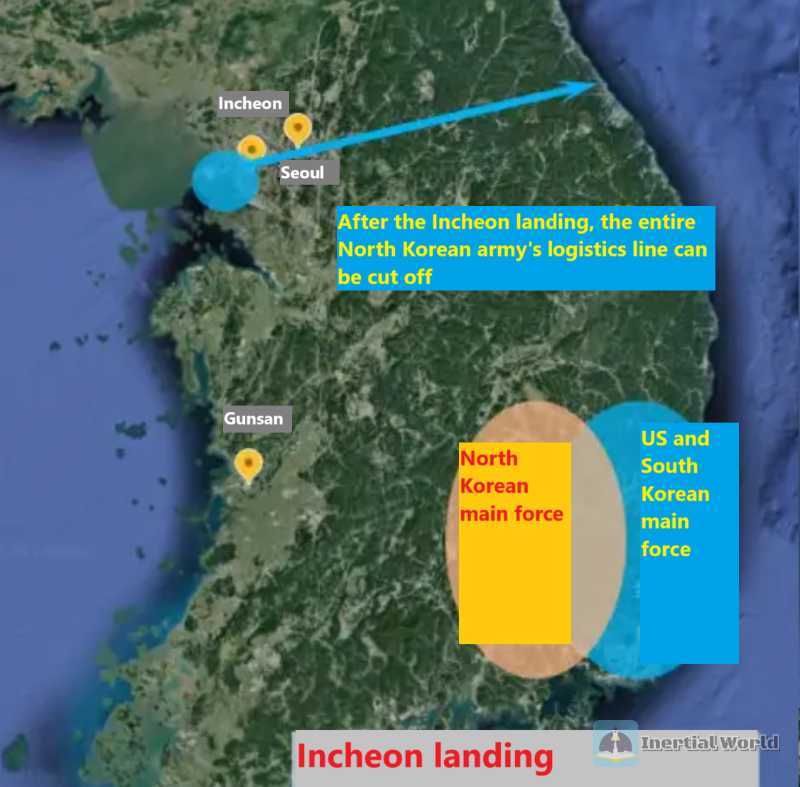
But why didn’t anyone think of landing here except MacArthur?
Because the terrain of Incheon is really too bad, it is the kind of historical level of badness.
When MacArthur proposed the Incheon landing plan, the naval generals raised the following objections to him:
1. Most of the Incheon Port is silt, and the only place to land is the dock of Incheon Port;
2. The tide of Incheon Port is also very special. Landing is only possible during very special high tides, and there is only one high tide this year, which is September 15th.
3. Even at high tide, the window for landing is only 2-3 hours. Once 3 hours have passed, the subsequent landing troops will not be able to reach the dock;
4. The channel of Incheon Port is very narrow. If a warship hits a mine and sinks, the entire channel will be completely blocked, and no one can get in or out;
5. Even after the ship docks, the soldiers may still need to climb a 5-meter-high cliff to complete the landing.
In short, the Incheon Landing was very much like a suicide operation: the terrain of Incheon was extremely easy to defend and difficult to attack, and the North Koreans knew exactly when (September 15) and where (the dock) the U.S. troops would land, and they would likely send heavy troops to defend the dock at that time; and if the U.S. troops could not take the dock within 3 hours, subsequent troops would not be able to reinforce, and the troops that had already landed would be trapped.
In view of these considerations, the Navy’s suggestion was: the conditions in Gunsan Port in the south are very good, and large-scale landing operations can be carried out at any time. It is good to land in Gunsan, and don’t go to Incheon to die.
After listening to the Navy’s objective difficulties, according to MacArthur’s own recollection, at that time, he remembered his father’s advice to him: "Don’t hesitate in military meetings, hesitation will lead to defeat." So MacArthur gave his own response: a 45-minute impromptu speech.
This is one of the most important speeches in MacArthur’s life. Its content is as follows:
1. North Korea is busy encircling Busan, so there won’t be many people in Incheon;
2. The more dangerous the place is, the more the enemy thinks we won’t go there, so it’s safer;
3. The difficulties just mentioned are objective, but I believe the navy can overcome them. "I believe in the navy more than the navy" (MacArthur is the army);
4. You can land at Gunsan Port, but it is useless if you cannot cut off North Korea’s supply line;
5. As long as the Incheon landing is successful, it will be a decisive victory;
6. I will personally command the front line in Incheon. If the landing fails, I will take full responsibility.
"The Incheon landing will not fail, it will only succeed! As long as the landing is successful, 100,000 lives can be saved!"
After MacArthur’s speech, the entire conference room was silent. In this way, except for the Chief of Naval Operations and the Commander of the Marine Corps, most generals were persuaded by MacArthur. In the end, no one raised a clear objection, so the US Joint Chiefs of Staff agreed to the Incheon landing plan on August 28.
There is no need to think about the time of landing, nature has already chosen it for MacArthur: September 15.
3. The ignored prophecy of God
MacArthur’s speech looks fancy, but it is actually just one word: "bet". Bet that North Korea will not heavily defend Incheon. If North Korea sends a regular regiment to defend, the number of American soldiers killed in the landing is likely to be astronomical; if North Korea sends a division, it is basically impossible to land successfully.
Interestingly, if MacArthur could eavesdrop on Kim Il-sung’s phone calls, he would not have dared to land in Incheon even if he had ten guts. On August 26, Kim Il-sung informed the Soviet ambassador by phone: According to the intelligence he had, the Americans planned to land in Incheon. This crucial intelligence that determined the outcome of the war was provided by China.
Since the U.S. military joined the Korean War, Chairman Mao has been paying close attention to the situation in North Korea. As a historical strategic master, Chairman Mao certainly understood the importance of North Korea to China’s security. Once North Korea was defeated, the U.S. military would press to the Yalu River, and China would never have peace again. In order to face the possible challenges, Chairman Mao began to prepare for the rainy day.
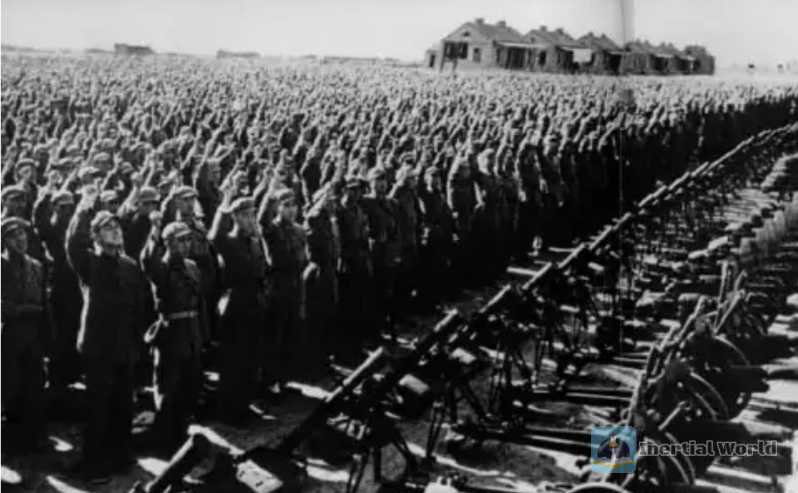
On July 7, the Northeast Frontier Defense Army was formally established: the first batch of troops consisted of the 13th Corps (38th, 39th, 40th Corps), the 42nd Corps, and the 1st, 2nd, and 8th Artillery Divisions. Su Yu, the commander-in-chief who was originally scheduled to attack Taiwan, served as the commander and political commissar of the Northeast Frontier Defense Army. In order to deal with the powerful US military, Chairman Mao took out the strongest combination that could be mobilized at this time. This is not the end. Lin Biao, Luo Ronghuan, and Liu Yalou agreed that the commander of the 15th Corps, Deng Hua, had a stronger overall quality than the commander of the 13th Corps, Huang Yongsheng, so they temporarily swapped the corps headquarters of the two corps, and Deng Hua served as the commander of the 13th Corps.
The troops are ready, and China has prepared for the worst. However, it would be better if North Korea could win on its own. Therefore, Chairman Mao has been assisting North Korea in various aspects. At first, he agreed to the Soviet Union to use China’s railways to transport military supplies. Later, Chairman Mao simply gave North Korea a large number of equipment directly.
The most important assistance provided by China is actually in the strategic aspect. In fact, China has reminded North Korea to pay attention to Incheon more than once. Since the beginning of July, China has reminded Kim Il-sung at least three times to protect the ports in the rear to avoid being cut off by the US landing. Of course, objectively speaking, in July, North Korean troops were not too far from the 38th parallel. The reminder at that time was more like a routine "reminder".
However, after the Korean People’s Army pressed on Busan, the whole situation was completely different.
On August 23, Lei Yingfu, Director of the Operations Department of the PLA General Staff, reported to Chairman Mao in person: The current situation of the Korean People’s Army is very urgent. "It now seems that the enemy is very likely to land in Incheon. If the landing in Incheon is successful, it will cut off the strategic supply line of the People’s Army. The enemy in the Nakdong River and Incheon will strategically form a situation of attacking and encircling the main force of the People’s Army from the north and south. In this way, the situation on the Korean battlefield will undergo a fundamental change. Therefore, we feel that the situation in the Korean War is good on the surface, but in fact it is very dangerous."
Chairman Mao agreed with Lei Yingfu’s views and gave specific instructions:
(1) Strictly order the Northeast Frontier Defense Army to complete all combat preparations before the end of September to ensure that it can be deployed for combat at any time.
(2) Tell the North Korean and Soviet sides about the enemy’s possible landing in Incheon and other places.
Although there is no record of China’s notification to North Korea at that time, from the perspective of time, the intelligence that Kim Il-sung reported to the Soviet Union on August 26 that "the US military will land in Incheon" is completely consistent with the Chairman’s decision time.
In fact, regardless of whether Kim Il-sung received the intelligence from us, the most critical question is: Kim Il-sung had already received the important information that the US military was about to land, so why did it end up like that?
This question has to go back to Stalin, the boss behind the Korean War.
Fourth, it doesn’t matter whether it lands or not
Of course, Stalin would definitely not tell Kim Il-sung that Incheon is fine and you don’t have to worry about it. The actual situation is that whether Kim Il-sung believes that the US military will land in Incheon or not, he has nothing to do, because all the people’s troops are in Busan.
As mentioned above, the UN forces in Busan are twice as many as the People’s Army. Although the People’s Army is temporarily in the upper hand, it can’t spare a single heavy force to defend Incheon. In other words, if he wants to heavily protect Incheon, Kim Il-sung must find reinforcements, and the only reinforcements Kim Il-sung can find are Chinese troops.
As long as it can help North Korea win the war, China is willing to provide reinforcements. As early as July 2, Zhou Enlai contacted the Soviet ambassador, saying that China will gather no less than 9 divisions in Shenyang, and will enter North Korea to help the People’s Army fight at any time as needed, and asked whether the Soviet Union can provide air cover for this force.
Stalin was very happy with China’s statement, and replied:
We believe that it is correct to concentrate 9 Chinese divisions on the Sino-North Korean border when the enemy crosses the 38th parallel so that the volunteers can enter North Korea to fight. We will try our best to provide air cover for these troops. However, this seemingly ordinary telegram implies Stalin’s important attitude towards China’s joining the Korean War.
You should know that at the same time as this telegram was sent, the US Navy and Air Force had already joined the battlefield, and an unknown number of US Army troops were rushing to North Korea. The joining of this giant US military represents an undoubted conclusion: North Korea’s meager strength alone is absolutely impossible to compete with the US-South Korean coalition forces. If it does not get other help, then unless a miracle happens, North Korea’s attack is doomed to fail. However, just when Kim Il-sung’s dream was about to fall through, Stalin made it clear that he would rather fail in the North Korean attack than let the Chinese army help Kim Il-sung!
Please note the wording of the telegram: "When the enemy crosses the 38th parallel, it is correct to concentrate 9 Chinese divisions on the Sino-North Korean border so that the volunteers can enter North Korea to fight." The actual meaning of this sentence is: when the enemy "does not" cross the 38th parallel, it is not correct for China to enter North Korea to fight. But what is the situation in North Korea now? Kim Il-sung is almost at the 37th parallel. By the time the enemy returned to the 38th parallel, the People’s Army would have been completely defeated!
Stalin’s meaning couldn’t be clearer: when the attack came, the Chinese should not participate; if Kim Il-sung was beaten to a pulp by the US-ROK coalition forces and North Korea was about to be lost, then the Chinese should come to the rescue. The question is, why didn’t Stalin want China to help North Korea attack? The answer to this question is actually not complicated: he was afraid that the Chinese would take away his control over North Korea. At that time, North Korea was completely under the control of the Soviet Union. Not to mention going against Stalin’s wishes, Kim Il-sung was so scared that he didn’t dare to ask for Chinese assistance just because he was "worried" about making Stalin unhappy.
However, the Soviet Union’s power did not come out of thin air. In the final analysis, the reason why North Korea obeyed Stalin’s orders was the Soviet Union’s comprehensive assistance to North Korea. Once China sent troops to help, and the Sino-North Korean coalition forces finally won, it would mean that China had really helped North Korea realize Kim Il-sung’s biggest dream. At this time, the Soviet Union’s help would not be so real in comparison - giving guns and cannons, but not giving people - no matter from which angle, China’s influence on North Korea would definitely increase significantly, and correspondingly, the Soviet Union’s influence would be weakened.
From Stalin’s perspective, this result is indeed a bit of black humor: the Soviet Union provided money and guns, and finally won the war, but the Soviet Union’s influence on North Korea became weaker? I was fighting for nothing? Therefore, Stalin once again ignored the fact that his allies were in danger and chose the plan that was most beneficial to the Soviet Union: refusing China to send troops and letting North Korea fight the US-South Korean coalition alone.
It would be best if Kim Il-sung could perform a miracle, but if he couldn’t... . . . then it was none of his business.
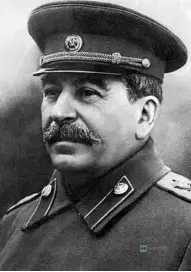
Anyway, American soldiers have appeared in North Korea, and the Soviet warships in Port Arthur will not leave in the short term. The interests of the Soviet Union have been realized. Let’s take it one step at a time. Since the decision has been made, Stalin’s attitude was very ambiguous between July and August: on the one hand, he encouraged China to step up preparations for war - waiting to take over when North Korea was beaten back; on the other hand, he knew that Kim Il-sung wanted the Chinese army to join the war immediately, but he deliberately ignored Kim Il-sung’s request.
Kim Il-sung certainly couldn’t figure out the "great mentor"’s little tricks. Since the American soldiers joined the war, Kim Il-sung’s mood has been very unstable. He was very happy when he won, and once he lost, he immediately fell into deep depression; when the front line was not going well, he always wanted to ask Stalin whether to let the Chinese come to help, but he never dared to say it clearly. He was afraid of angering the great mentor and making Stalin think that he was not loyal enough and flirting everywhere.
On August 26, Kim Il-sung was really anxious. The People’s Army’s full-scale attack on Busan in August ultimately failed. The casualties on the front line were extremely heavy. Even the commander of the 4th Division was killed by a US aircraft. The front line was unfavorable and the rear was facing the risk of being landed by the US military. Kim Il-sung could no longer care about offending Stalin and sent his men to tell the Soviet ambassador that "the front line is too difficult. I hope to ask the Chinese army to come to help."
On August 28, Stalin, who had been avoiding this issue, finally replied to Kim Il-sung. The telegram is as follows:
"...The Central Committee of the Communist Party of the Soviet Union firmly believes that foreign interventionists will be expelled from North Korea in the shortest possible time.
...Don’t be in a mess with foreign interventionists. The struggle of the North Koreans was not uneasy because they did not achieve continuous victory. Victory is sometimes accompanied by some setbacks and even partial defeats... The situation faced by the Russians in 1919 was several times worse than the current situation of the North Korean comrades.
... If necessary, we can provide the North Korean Air Force with attack aircraft and fighter jets. "
I call this telegram a "chicken soup and pancake set": first drink a bowl of chicken soup, and then draw a pancake (even if the Soviet planes come, North Korea has no pilots). In short, there is no serious countermeasure at all, and Kim Il-sung’s request was rejected by the way.
In short, Stalin made his attitude clear: Don’t look for the Chinese, rely on yourself for everything. I don’t know what you think of this telegram, but Kim Il-sung’s reply was this: "Dear mentor, we thank you for your teachings. At the critical moment of the Korean people’s struggle, we have received your great support."
In this way, Kim Il-sung "gratefully" gave up the last chance to save himself and completely forgot about seeking Chinese support. Afterwards, Kim Il-sung returned to his job with full energy and commanded the People’s Army to rush towards Busan again.
The US-ROK coalition forces were still so vulnerable, and everything seemed to be fine until September 15, the Incheon tide. That day, Incheon turned into a sea of fire.
Author’s comments
1. The Busan Defense War fully illustrates a fact: morale is an important factor that can determine the outcome of a war in a short period of time. Even in modern wars, the troops with high morale (the Korean People’s Army) can ignore the absolute disadvantages in numbers and equipment for quite a long time, and hold down the troops with good equipment, superior numbers but low morale (the US-ROK coalition forces).
2. From another perspective, the outstanding performance of the Korean People’s Army on the front battlefield makes people sigh at its very general military command ability. Since the beginning of the war, North Korea has been a rigid front-line push from beginning to end. The heavy casualties are one aspect, and the key is that it has missed countless opportunities to drive the US-ROK coalition forces into the sea in one go.
3. However, the actual situation is definitely much more complicated than our paper talk. The command system of the Korean People’s Army was very weak throughout the campaign. When reporting to the Soviet Union, Kim Il-sung often mentioned that the superiors of the troops could not find their subordinates and that it took a long time for the command orders to be transmitted to the front line.
This is partly due to Stalin (he initially refused to allow Soviet advisers to go with the army, but later he reluctantly agreed), and partly due to the fact that the People’s Army itself had been established for a short time and lacked combat experience. Whatever the reason, if the command system of the People’s Army was indeed in a mess as Kim Il-sung said, it did lack the ability to carry out advanced operations (long-distance detours, large-scale penetration).
The only divisions in the People’s Army that were capable of carrying out advanced operations were probably the few divisions reorganized by the People’s Liberation Army, so the only advanced operation was also completed by the 6th Division.
4. In addition, the People’s Army, which was supported by morale alone, actually lasted less than a month. By early September, the People’s Army’s offensive had greatly weakened, and the US and South Korean forces in Busan had gained a firm foothold and completely gained the upper hand. The reason why the U.S. military did not launch a counterattack immediately was mainly because they were afraid that a frontal attack would result in too many casualties (this is what MacArthur was talking about in his speech "saving 100,000 lives"). Therefore, the U.S. military chose to set up its defense in Busan, using terrifying firepower to infinitely consume the People’s Army’s manpower, while at the same time studying whether there was a better counterattack plan.
5. The Incheon landing was also highly praised in the United States for a while. Of course, if it is only from the perspective of the results, there is nothing wrong. After all, the benefits after the successful landing are indeed huge. However, from the perspective of strategic command, it is actually very lackluster. The Incheon landing is more like a gamble with huge risks, rather than a brilliant plan.
6. At that time, the US military had many strategic options (there were also many ports for landing). For example, the US-South Korean coalition forces could choose to break through from the front of Busan and then make auxiliary landings in places like Gunsan. The conditions for landing in Gunsan are much better than those in Incheon. Although this plan is mediocre, the risk of complete failure is basically zero. In this way, the US military can still push back.
7. Among all the options, Incheon is the one with the greatest side effects: As analyzed above, the probability of failure of the Incheon landing is extremely high, and the losses after failure are quite terrible (once the tide recedes, the soldiers who have landed are destined to be annihilated). If the U.S. military failed to land in Incheon, not only would a large number of soldiers be sacrificed in vain, but morale would also suffer a huge blow, and it might even cause the already stable Busan defense line to collapse again.
8. Although the U.S. military finally agreed to the Incheon landing plan, many senior officials were very reluctant in the end - why gamble when you can win for sure, there is no need - however, MacArthur, as the highest commander, insisted on his own way and finally carried out this landing.
9. At that time, the senior U.S. military officials felt that they had no power to use: a bunch of scholars met a gambler, and the gambler insisted on betting the entire fortune of the U.S. military, and in the end he actually won the bet. Of course, everyone was very happy that the war was won, but they didn’t know what to say. At that time, there was a saying among the top US government officials: "They are afraid that MacArthur will lose the war, but they are more afraid that he will win the war."
10. It was in such a complicated environment that the PLA General Staff actually guessed MacArthur’s final choice with great accuracy (again, there are many ports where you can land). I have to say, that is really awesome.
11. After listening to Lei Yingfu’s report, Chairman Mao asked people to inform Kim Il-sung immediately, but the more important action was to significantly strengthen China’s own preparations for war. On September 3, the first batch of troops of the Northeast Frontier Defense Army was strengthened to 5 armies (the 50th Army was added), and the second-line (9th Corps) and third-line (19th Corps) troops were added. The overall scale was expanded to 11 armies and 36 divisions, and the mobilization of personnel and materials was greatly accelerated.
12. From this series of actions, we can see that Chairman Mao had already predicted the future development of the Korean War (he guessed that Kim Il-sung would not listen to advice and the People’s Army would be doomed). Before MacArthur landed in Incheon, the Chairman had already begun to prepare for the upcoming difficult war.
(To be continued, don’t forget to like it)


